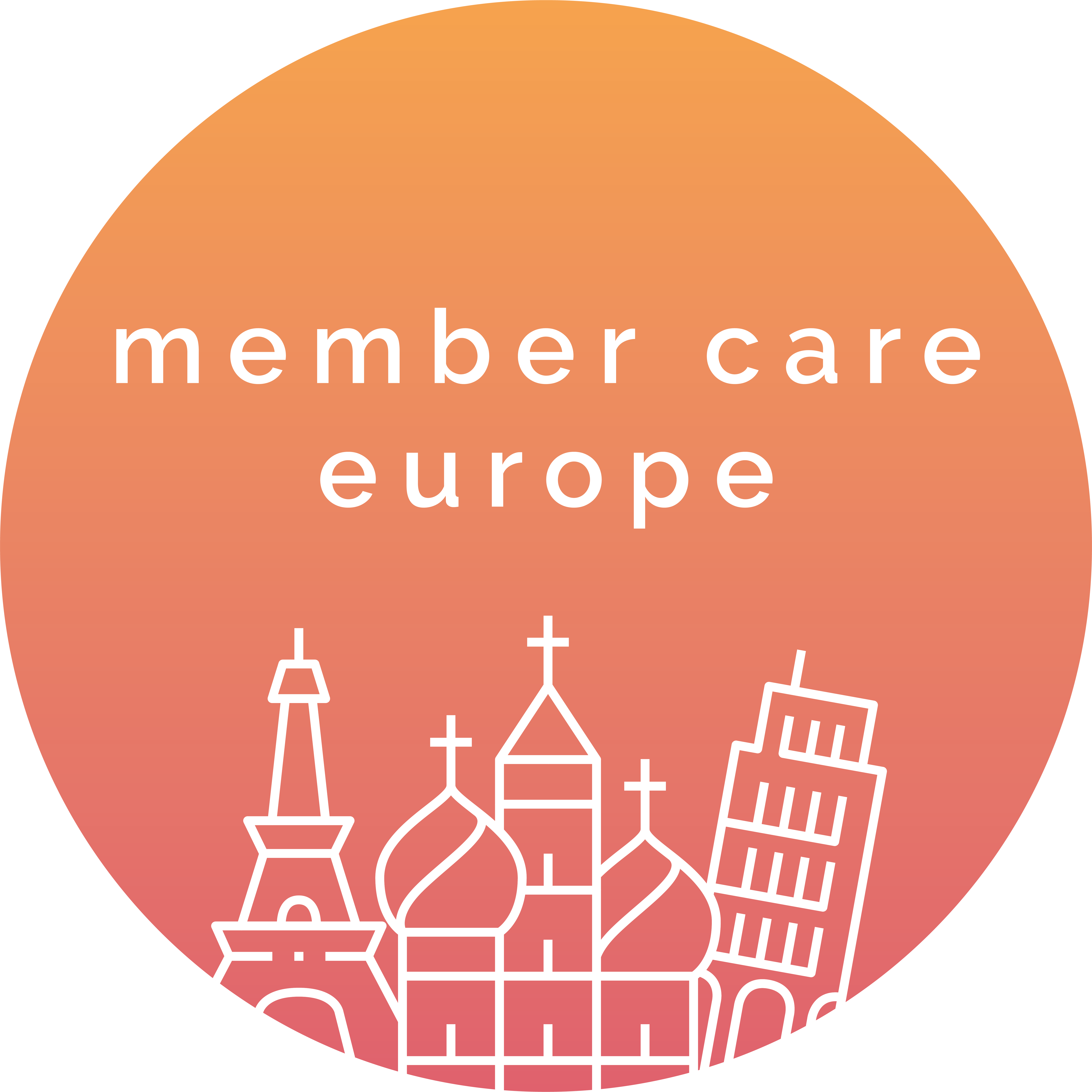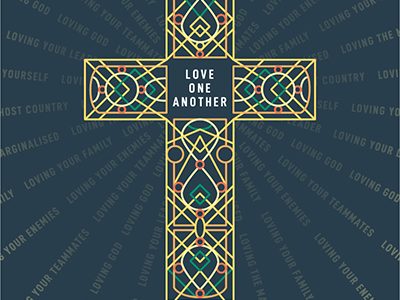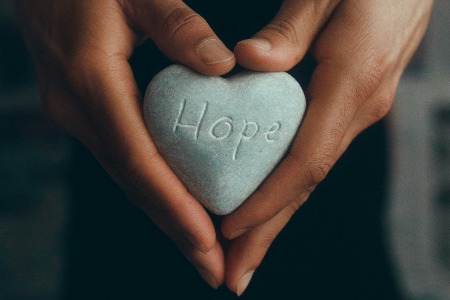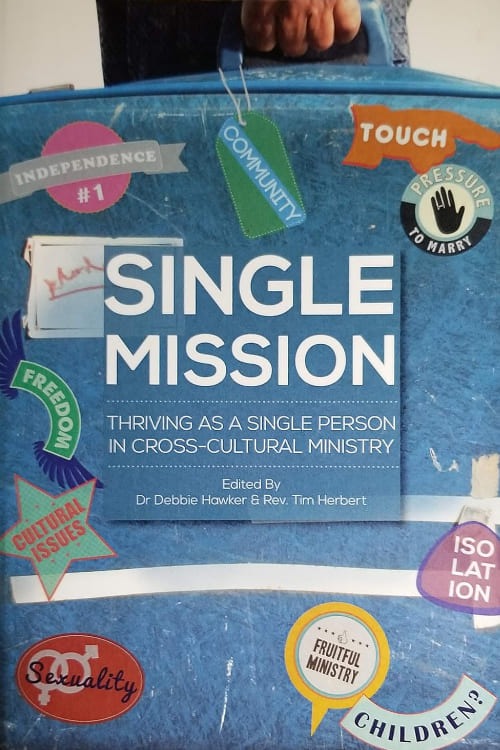Relationships in a world of conflict and chaos
Loving God, your neighbour, yourself, your enemy
I am grateful. EMCC-2022 was a wonderful opportunity to connect and reconnect with like-minded member care workers that have been away from each other for far too long. We had a great time together!
The theme for this year’s gathering in Budapest was “Relationships in a world of conflict and chaos: Loving God, your neighbour, yourself, your enemy”, and the invitation stated: “The world seems to be increasingly polarized, with relationships characterized by animosity and divisiveness even in the church and mission. How do we embrace and foster authentically loving and sacrificial relationships in our teams and communities?”
The devotionals were based on Romans 12, and I thought I might share a few snippets in this post, including some of the quotes that were shared.
On loving God, even though we do not always understand him or his ways:
“If knowing answers to life’s questions is absolutely necessary to you, then forget about the journey. You will never make it, for this is a journey of unknowables—of unanswered questions, enigmas, incomprehensibles, and most of all, things unfair. Our challenge is to love Him for what we do see, and trust Him for what we cannot see.” (God at Your Wit’s End, by Marilyn Meberg).
“Obeying God is worked out within well-defined boundaries of God’s revealed will. But trusting God is worked out in an arena that has no boundaries. We do not know the extent, the duration, or the frequency of the painful, adverse circumstances in which we must frequently trust God. We are always coping with the unknown. Yet it is just as important to trust God as it is to obey Him… When we fail to trust God, we doubt His sovereignty and we question His goodness. In order to trust God, we must always view our adverse circumstances through the eyes of faith, not of sense.” (Trusting God, by Jerry Bridges)
On loving your neighbour, even when he/she is unlovable:
Because God is love, freeing us from hate is high on his agenda. Many people behave as though love were predicated or dependent on agreement. But nowhere in Scripture does it say that loving one another will be an outgrowth of agreeing with one another. Love is an unconditional command.
“Dear Lord, I pray that your Spirit will break through the many barriers that divide nations and people. Let there be unity among us who inhabit this world. Give us the strength to transcend our physical, psychological and cultural differences and recognize that it is your Holy Spirit who unites us by making us all participants in your own divine life.
Let your Spirit open our eyes and ears to your ongoing presence among us. Let us recognize you when we serve each other, work together, and unite our talents to build a better world and usher your kingdom into people’s hearts. Without your Spirit we are powerless, but with and in your Spirit, all things become new. Let your Spirit enter into our hearts so that together we can prepare the day of your glorious return, and praise you, thank you, honour you, and love you, all the days of our lives. Amen.” (A Cry For Mercy, by Henri Nouwen)
On loving your enemy, even though he’s out to get you:
We who hated and destroyed one another—who would not live with men of a different tribe on account of their differences—now, since the coming of Christ, live in harmony with them. We pray for our enemies and endeavour to reach out to those who hate us and persecute us.” (Justin Martyr, a first century Christian who was killed for his faith by the Romans, describing the early Christian community.)
“Be meek in response to their wrath, humble in opposition to their boasting. To their blasphemies return your prayers; in contrast to their error, be steadfast in the faith; and for their cruelty, manifest your gentleness. While we take care not to imitate their conduct, let us be found to be their brethren in all true kindness.” (Ignatius of Antioch, writing to the persecuted Christians in Ephesus in the 2nd century.)
On loving yourself, even though you find it hard, and caring for yourself:
Being attentive to your own legitimate needs to replenish yourself is not an act of selfishness; it’s an act of wisdom and good stewardship, enabling you to be all the more effective in caring for others and meeting their needs.
“My busyness reveals my vanity. I want to appear important. Significant. What better way than to be busy? The long hours, the crowded schedule, and the heavy demands on my time are proof to myself—and to all who will notice—that I am important. If I go into a doctor’s office and find there’s no one waiting, and I see through a half-open door the doctor reading a book, I wonder if he’s any good… I live in a society in which crowded schedules and demanding conditions are evidence of importance, so I develop them. When others notice, they acknowledge my significance, and my ego is fed.” (The Contemplative Pastor, by Eugene Peterson)
May God help us as we continually rise to the challenge of loving him, our neighbour, our enemy, and ourselves.

Jonathan Ward
Board member of Member Care Europe, involved in the Federation of Francophone Evangelical Missions and its member care network (www.resam.fr), and he serves at a retreat centre in France dedicated to caring for pastors and cross-cultural workers (www.pierresvivantes.org). He and his wife Rachel were raised on the mission fields of France and Angola respectively. They have three adult children.

Jonathan Ward
Board member of Member Care Europe, involved in the Federation of Francophone Evangelical Missions and its member care network (www.resam.fr), and he serves at a retreat centre in France dedicated to caring for pastors and cross-cultural workers (www.pierresvivantes.org). He and his wife Rachel were raised on the mission fields of France and Angola respectively. They have three adult children.










